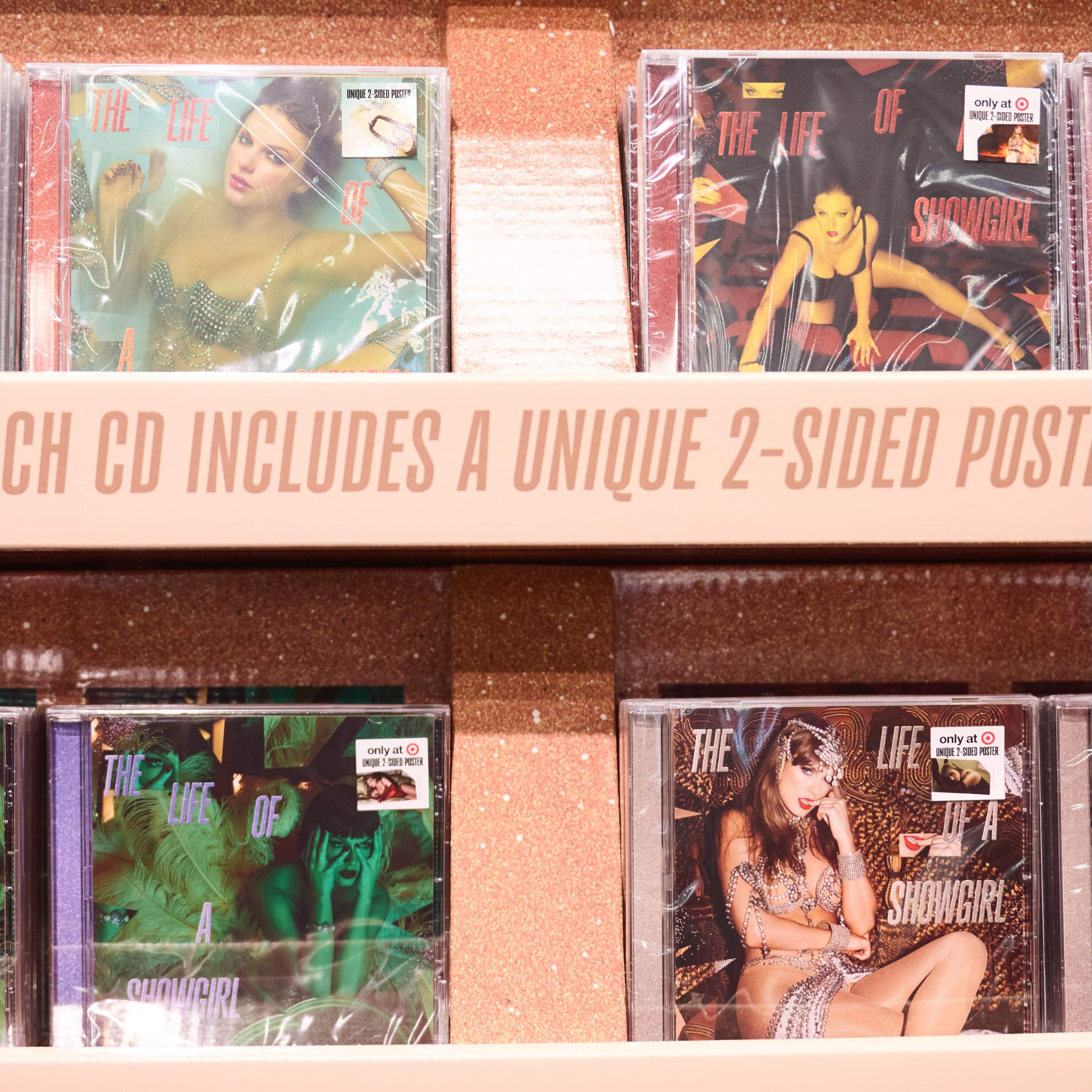Asking for a friend … which jobs are safe from AI?
There’s one question we seem to be hearing everywhere: “Is my job safe from AI?”
Dozens of you, our listeners, have written to us about this. Saying things like, “Maybe my yoga teacher side gig is actually my safest bet now,” and “My parents were in real estate, and I never thought I’d say it ... but maybe that’s what I should do?”
If only there were a list that could tell you which jobs are safe from AI. We go looking for that list…and find that the AI future is going to be even weirder than we’d imagined.
Today on the show: We talk to two researchers who have come up with some first drafts of the future. We learned more about the machines that might be coming for our jobs, and also, more about what it actually means to be human.
Subscribe to Planet Money+
Listen free: Apple Podcasts, Spotify, the NPR app or anywhere you get podcasts.
Facebook / Instagram / TikTok / Our weekly Newsletter.
Today’s episode was produced by Eric Mennel and edited by Marianne McCune. It was fact-checked by Sierra Juarez and engineered by Robert Rodriguez. Alex Goldmark is Planet Money's executive producer.
Learn more about sponsor message choices: podcastchoices.com/adchoices
NPR Privacy Policy
Dozens of you, our listeners, have written to us about this. Saying things like, “Maybe my yoga teacher side gig is actually my safest bet now,” and “My parents were in real estate, and I never thought I’d say it ... but maybe that’s what I should do?”
If only there were a list that could tell you which jobs are safe from AI. We go looking for that list…and find that the AI future is going to be even weirder than we’d imagined.
Today on the show: We talk to two researchers who have come up with some first drafts of the future. We learned more about the machines that might be coming for our jobs, and also, more about what it actually means to be human.
Subscribe to Planet Money+
Listen free: Apple Podcasts, Spotify, the NPR app or anywhere you get podcasts.
Facebook / Instagram / TikTok / Our weekly Newsletter.
Today’s episode was produced by Eric Mennel and edited by Marianne McCune. It was fact-checked by Sierra Juarez and engineered by Robert Rodriguez. Alex Goldmark is Planet Money's executive producer.
Learn more about sponsor message choices: podcastchoices.com/adchoices
NPR Privacy Policy
Press play and read along
Transcript
Transcript is processing—check back soon.
Planet Money — Asking for a friend … which jobs are safe from AI?





